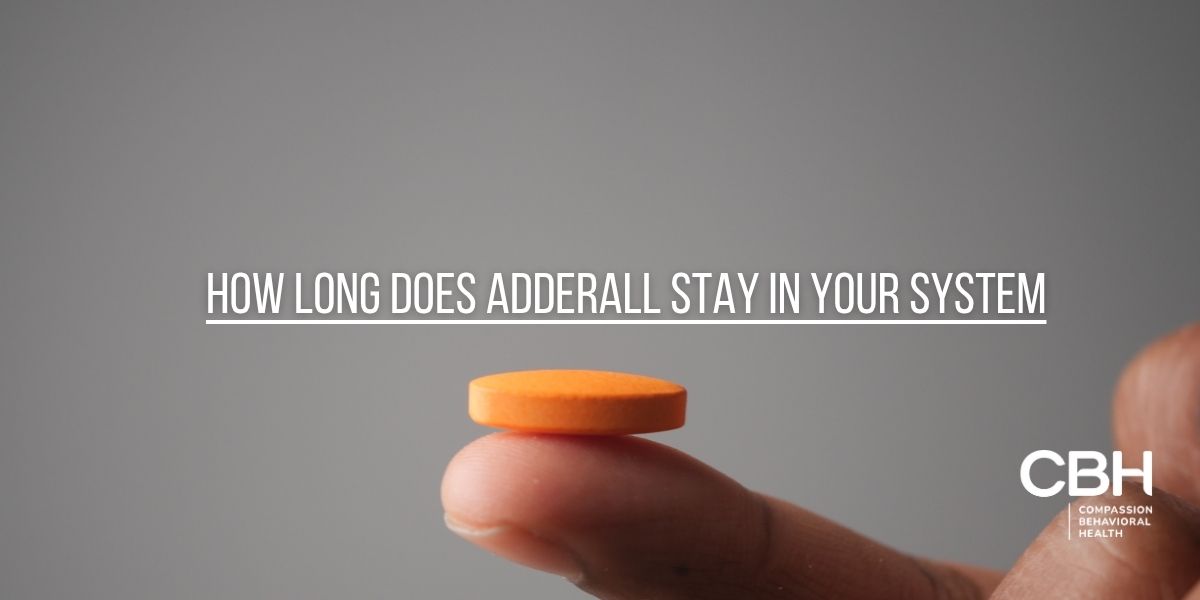Meth addiction is a devastating condition that affects individuals, families, and communities. Understanding the complexity of this addiction is crucial in order to develop effective treatment options. In this article, we will delve into the science behind meth addiction, explore the social impact it has, and discuss the journey to recovery.
Understanding Meth Addiction
Methamphetamine, commonly known as meth, is a highly addictive stimulant drug that impacts the central nervous system. Its addictive properties are attributed to its ability to increase the release and inhibit the reuptake of dopamine, a neurotransmitter associated with pleasure and reward.
But what exactly happens in the brain when someone becomes addicted to meth? Let’s delve deeper into the science behind meth addiction.
The Science Behind Meth Addiction
When meth is used, it floods the brain with dopamine, producing intense euphoria. This surge of dopamine creates a powerful reward system, reinforcing the desire to use the drug again and again.
Over time, however, the brain becomes less responsive to normal levels of dopamine, leading to tolerance. Tolerance means that higher doses of meth are needed to achieve the same pleasurable effects experienced initially. This cycle of increased use perpetuates addiction as individuals chase the fleeting high they once experienced.
However, the impact of meth addiction goes beyond the immediate effects on dopamine levels. Long-term meth use can cause structural and functional changes in the brain. These changes affect crucial areas responsible for decision-making, memory, and impulsivity.
Individuals addicted to meth often struggle with making sound decisions, suffer from memory impairments, and exhibit impulsive behaviors. These alterations in brain function make it incredibly challenging for individuals to quit using meth and maintain abstinence.
The Social Impact of Meth Addiction
Meth addiction not only affects the individual using the drug but also their loved ones and the community at large. The drug’s widespread availability and low cost have contributed to its prevalence in many regions.
One of the most significant social impacts of meth addiction is the increase in crime rates. Desperate individuals may resort to theft, burglary, or other illegal activities to support their addiction. This not only puts the individual at risk but also poses a threat to the safety and security of the community.
Moreover, meth addiction strains relationships between the user and their loved ones. Trust is often eroded, and communication becomes difficult as the addiction takes precedence over personal connections. Families and friends may feel helpless and desperate as they witness their loved one’s deterioration.
The physical and mental health of individuals addicted to meth also deteriorates over time. The drug takes a toll on the body, leading to malnutrition, weight loss, dental problems, and skin issues. Additionally, the mental health of meth users is often compromised, with many experiencing anxiety, paranoia, and even psychosis.
Furthermore, the economic burdens associated with meth addiction are substantial. The costs of obtaining the drug, legal consequences, and healthcare expenses can place a significant strain on both the individual and society as a whole.
Understanding the social impact of meth addiction is crucial in developing comprehensive treatment options that address both the individual’s needs and the broader societal implications. By addressing the complex interplay between biology, psychology, and social factors, we can work toward effective prevention, intervention, and recovery strategies.

The Journey to Recovery: An Overview
Embarking on the journey to recovery from meth addiction can be challenging, but it is a critical step toward reclaiming one’s life. Recognizing the need for help is often the first hurdle individuals face in seeking treatment.
Recognizing the Need for Help
Denial and stigma surrounding addiction can hinder individuals from acknowledging their problems. However, support from loved ones, healthcare professionals, or intervention specialists can help individuals recognize the need for help.
Signs of meth use often exhibit common traits. If you suspect someone is abusing methamphetamines, look for rapid weight loss, dilated pupils, increased energy and talkativeness, obsessive or repetitive behaviors, dental issues like “meth mouth”, and sores or scratches on the skin from excessive picking. Additionally, changes in sleep patterns and increasing bouts of paranoia or aggression can also be indicative of meth abuse.
It is important to approach this process with empathy and understanding, creating a safe environment where individuals can openly discuss their struggles and fears.
The Role of Intervention in Meth Addiction
In cases where individuals are unable or unwilling to seek treatment, intervention may be necessary. An intervention involves a structured meeting with friends, family, and a professional interventionist to help the person understand the impact of their addiction and encourage them to seek treatment.
Interventions should be carefully planned and conducted with compassion, with the goal of motivating the individual to enter a treatment program voluntarily.
Best Treatment for Meth Addiction
Treating meth addiction requires a multifaceted approach that addresses the physical, psychological, and social aspects of the individual’s addiction. Different treatment options are available to meet the unique needs of each individual.
Detoxification and Medical Management
Detoxification, often the first step in treatment, involves removing meth from the body while managing withdrawal symptoms. This process should be conducted under medical supervision to ensure safety and minimize discomfort.
In some cases, medication-assisted treatment may help individuals manage cravings and reduce the risk of relapse. Medications such as bupropion and naltrexone may be prescribed to support recovery efforts.
Behavioral Therapies for Meth Addiction
Behavioral therapies, such as cognitive-behavioral therapy (CBT) and contingency management, are crucial components of meth addiction treatment. CBT helps individuals identify and modify harmful patterns of thinking and behavior, while contingency management provides rewards for abstinence.
These therapeutic approaches can assist individuals in developing coping strategies, enhancing motivation, and addressing underlying mental health conditions that may contribute to addiction.
Residential and Outpatient Treatment Programs

Residential treatment programs provide a structured and supportive environment for individuals to focus on their recovery. These programs typically offer a range of therapies, counseling, and activities to address the physical, psychological, and social aspects of addiction.
Outpatient treatment programs, on the other hand, allow individuals to receive treatment while living at home. They provide flexibility for those who have work or family commitments but still require support in overcoming their addiction.
The Role of Support Groups in Meth Addiction Recovery
Recovery from meth addiction is not a solitary journey. Support groups play a vital role in providing a sense of community, understanding, and accountability for individuals seeking to maintain their sobriety.
The Benefits of 12-Step Programs
12-Step programs, such as Narcotics Anonymous, have stood the test of time and continue to provide support for those in recovery from meth addiction. These programs offer a structured approach to recovery, emphasizing personal responsibility, fellowship, and spiritual growth.
Attending regular meetings and connecting with peers who have similar experiences can empower individuals and reduce feelings of isolation.
Alternative Support Groups
In addition to 12-Step programs, there are alternative support groups available for those seeking different approaches to recovery. These may include holistic approaches, peer-led groups, or faith-based programs.
It is important for individuals to explore various support group options to find the one that aligns with their values and meets their specific needs.
The Importance of Aftercare in Meth Addiction Recovery
Maintaining long-term recovery from meth addiction requires ongoing support and care. After completing a treatment program, individuals should engage in aftercare strategies to prevent relapse and nurture their overall well-being.
Preventing Relapse
Relapse prevention strategies focus on identifying triggers, developing healthy coping mechanisms, and building a support network. By recognizing and addressing potential relapse warning signs early on, individuals can take proactive steps to maintain their sobriety.
Ongoing Mental Health Support
Meth addiction often co-occurs with mental health disorders. Addressing underlying mental health concerns, such as depression or anxiety, is essential for a successful recovery.
Continuing therapy, support groups, and accessing appropriate medication management can help individuals manage their mental health and avoid self-medication with meth or other substances.
Exploring treatment options for meth addiction involves a comprehensive and holistic approach. Understanding the science and social impact of meth addiction, as well as the available treatment modalities and support groups, is crucial in supporting individuals on their journey to recovery. Individuals can reclaim their lives and achieve lasting sobriety with the right combination of interventions, therapies, and aftercare.
Get HelpToday
If you’re struggling with Meth addiction, Compassion Behavioral Health is here to help. We tailor our therapeutic approaches to best suit each patient’s unique lifestyle and needs. We provide a range of established and trusted therapies. To learn more about the best treatment for meth addiction, call us or contact us today.



